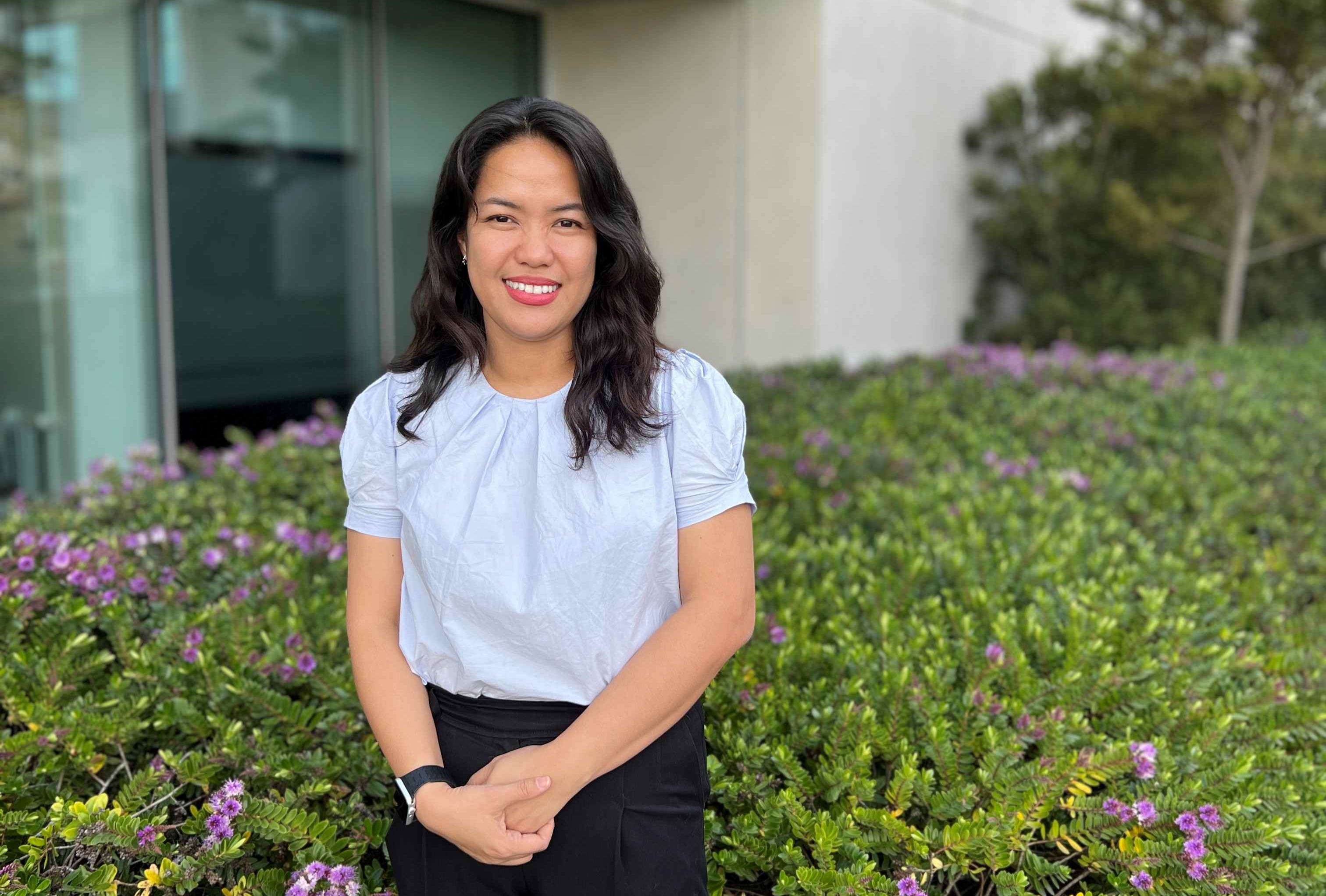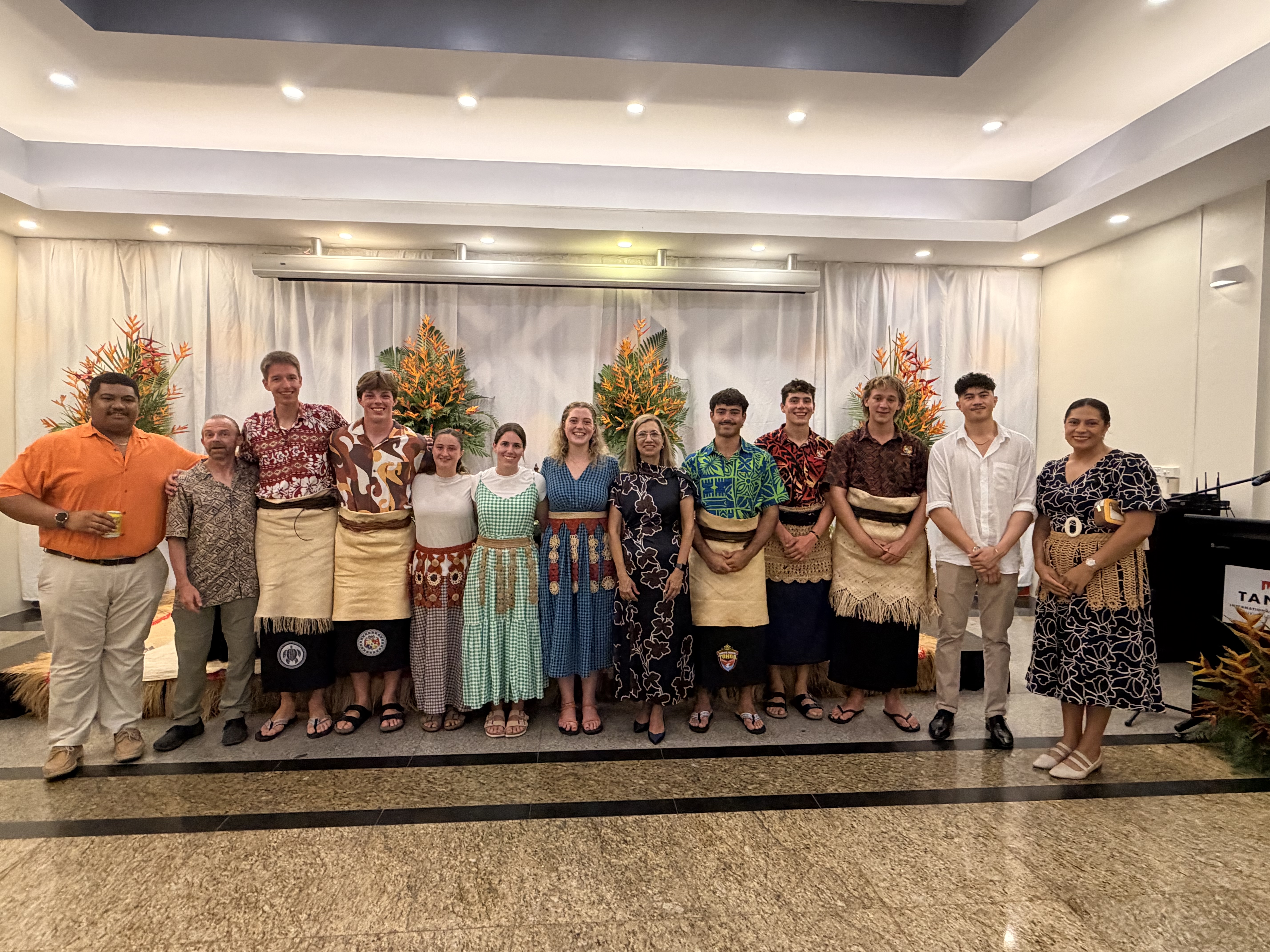Professor Natalia Chaban will be presented with the 2025 UC Research Medal later this month in recognition of her outstanding work and her reputation for expertise in political communication and international relations. She joined Te Whare Wānanga o Waitaha | University of Canterbury (UC) in 2002 and has held her current role in the Department of Media and Communication since 2019.
She says the award is a huge honour. “To be selected and recognised for your research is a once in a lifetime event. It’s exciting and humbling at the same time.”
Professor Chaban is the founder and director of the University’s Public Diplomacy and Political Communication Forum research centre. She initiates collaborations with scholars, diplomats and external relations experts in Aotearoa New Zealand and internationally and is president of the Ukrainian Studies Association of Australia and New Zealand.
Her research has focused on her home country since its independence from the Soviet Union in 1991, and she has become an influential commentator on how the recent war in Ukraine has impacted communication, expectations and attitudes internationally.
Professor Chaban believes her work is increasingly relevant at a time of widespread political uncertainty. “We are entering a very turbulent world, where everything is upside down. Sometimes unsettled narratives are scary, but sometimes they open new spaces and opportunities.
“As somebody who studies international political and strategic communication; this is the time when everybody's retelling their stories and the world is being reshaped in front of us.”
She says critical thinking is incredibly valuable and that’s what motivates her research. “Having good commentary helps people to learn there are different sides of the story, and they need to keep asking questions and not take things for granted. That's the most important thing for me.”
Professor Chaban returned to Ukraine regularly until early 2022 when her elderly parents left the country after the full-scale Russian invasion began.
They made a five-day car journey to the Western border while, back in Christchurch, she anxiously used her mobile phone to help them navigate their escape using village backroads because they were too afraid to use their GPS system.
Her mother was a teacher and her father was an academic in Ukraine, and she says they have always supported her academic career. “They valued knowledge and they valued exploration, and I’m very grateful for their support.”
After achieving a degree in English and German in Ukraine, Professor Chaban won an American scholarship to study towards her master’s at New York University. She worked for the United States Peace Corps after returning back to Ukraine, before completing a PhD in cognitive linguistics and media analysis at Kyiv National Linguistic University.
She accepted a postdoctoral fellowship at UC thinking she would only stay for two years but ended up settling in Ōtautahi Christchurch. Professor Chaban says living so far away from Europe is positive, because her research is focused on external perceptions and how they shape behaviour.
“It’s about how the outside world perceives Europe and the European Union, and challenging Eurocentric understandings of EU foreign policy, so I think that distance can be an advantage.
“New Zealand academia in general has a very good international reputation and our researchers are seen as hard working and objective, so I feel lucky to be a representative of a New Zealand university.”
In 2024, Professor Chaban was awarded the Mason Durie Medal by the Royal Society Te Apārangi for her innovative research into perceptions in international relations and public diplomacy.
She enjoys being curious about the world and says academia allows her to ask “good questions and interesting questions”, and to work in partnership with other researchers.
“So, there’s creativity and curiosity, and meaningful collaboration. I've learned so much from my wonderful collaborators and I really appreciate them.”
As an educator she aims to broaden the horizons of her students. “I myself benefited a lot from experiencing the world as a student and then as an early career researcher. And I also want my students to realise there is a bigger world out there and you can do many exciting things.”
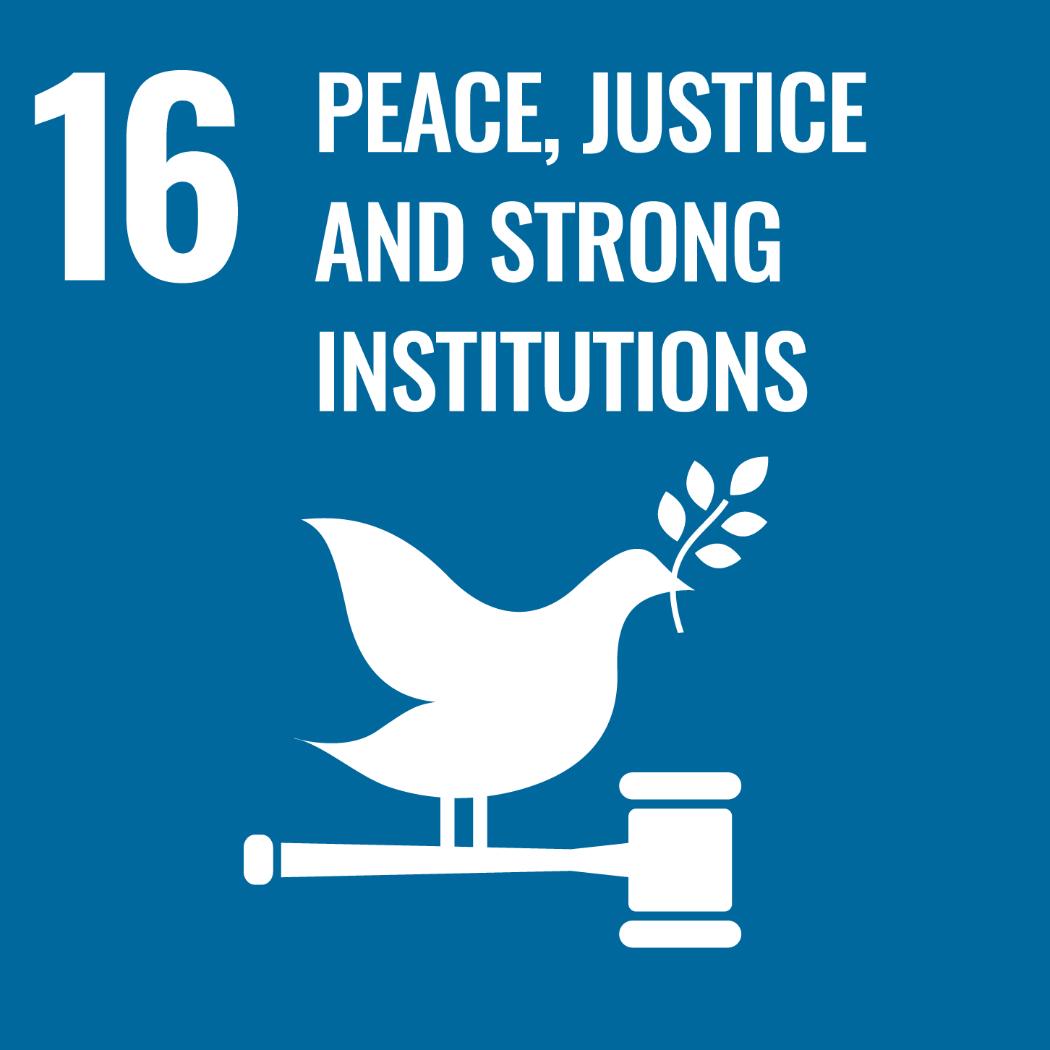


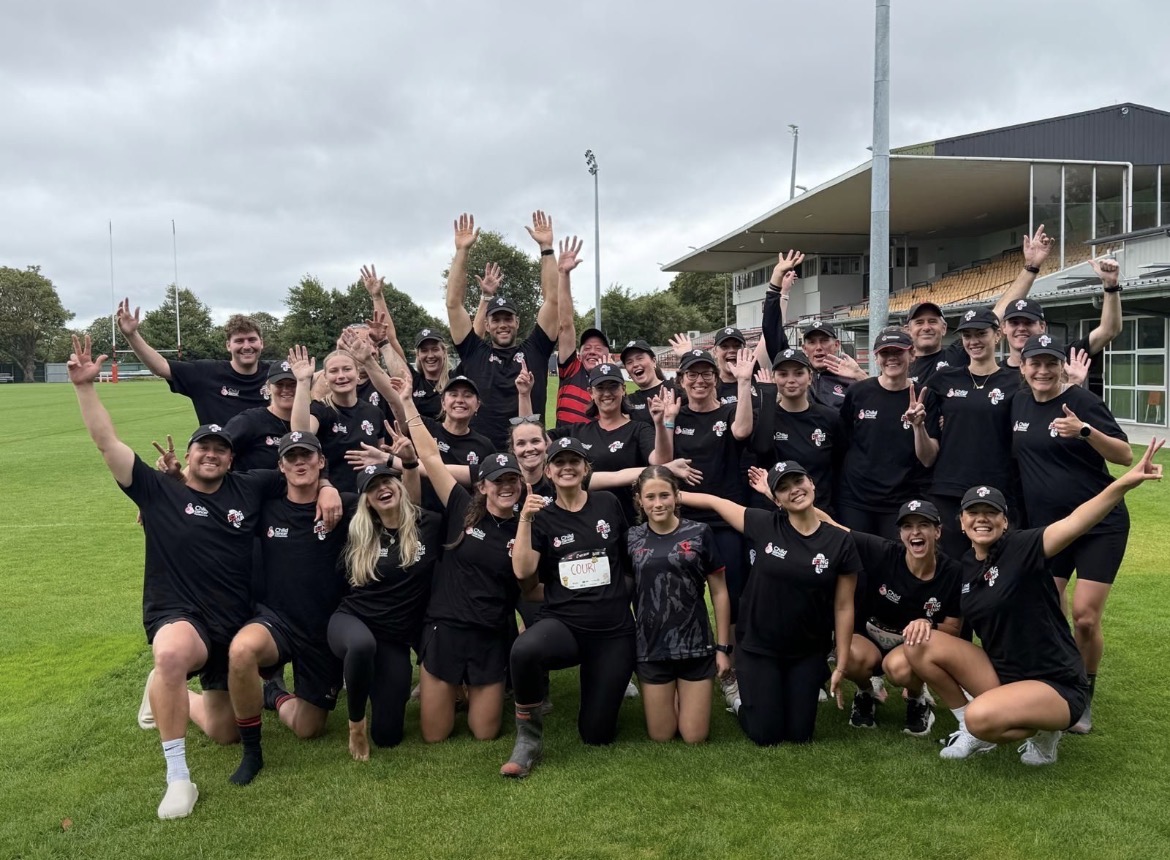
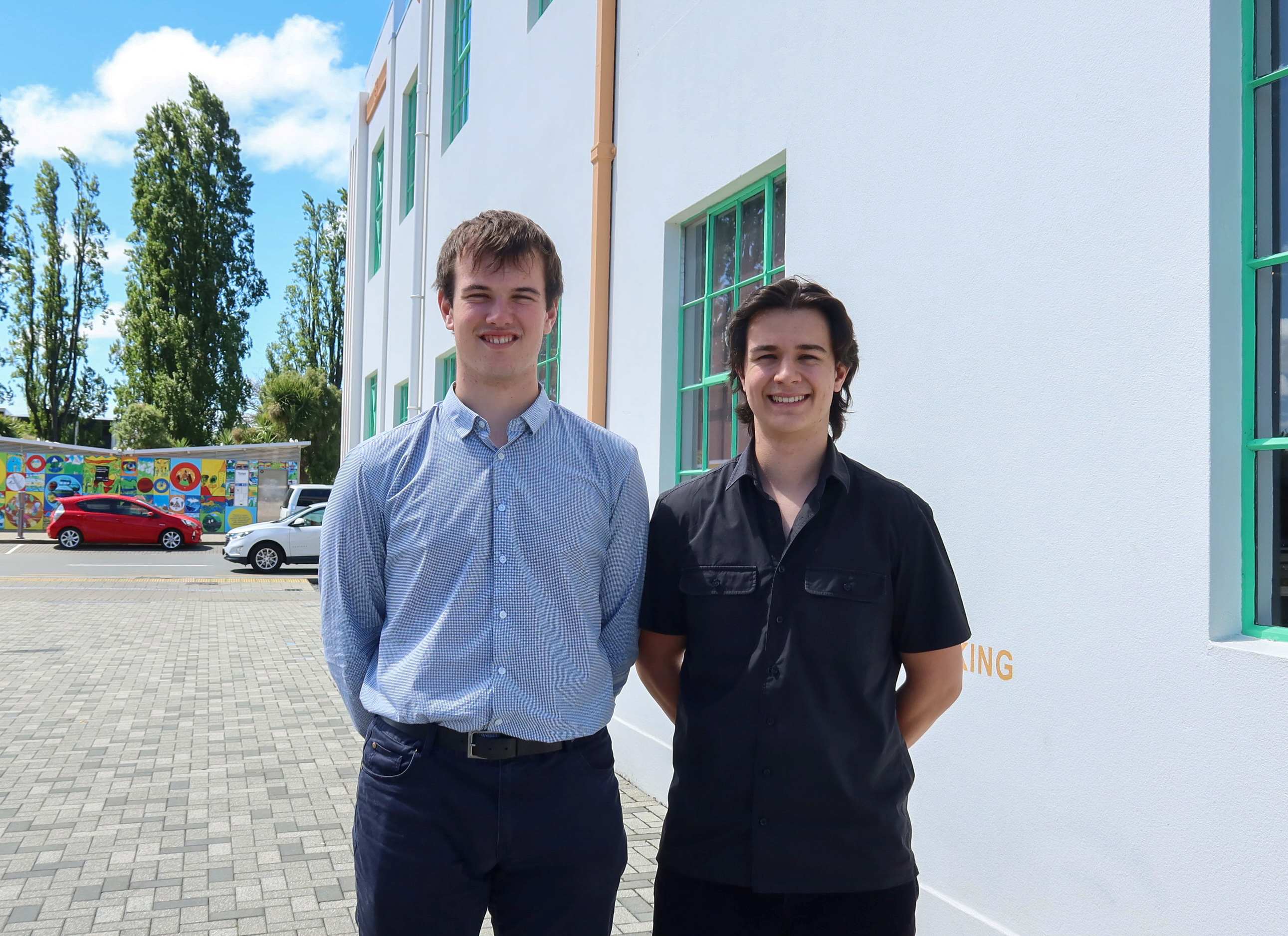
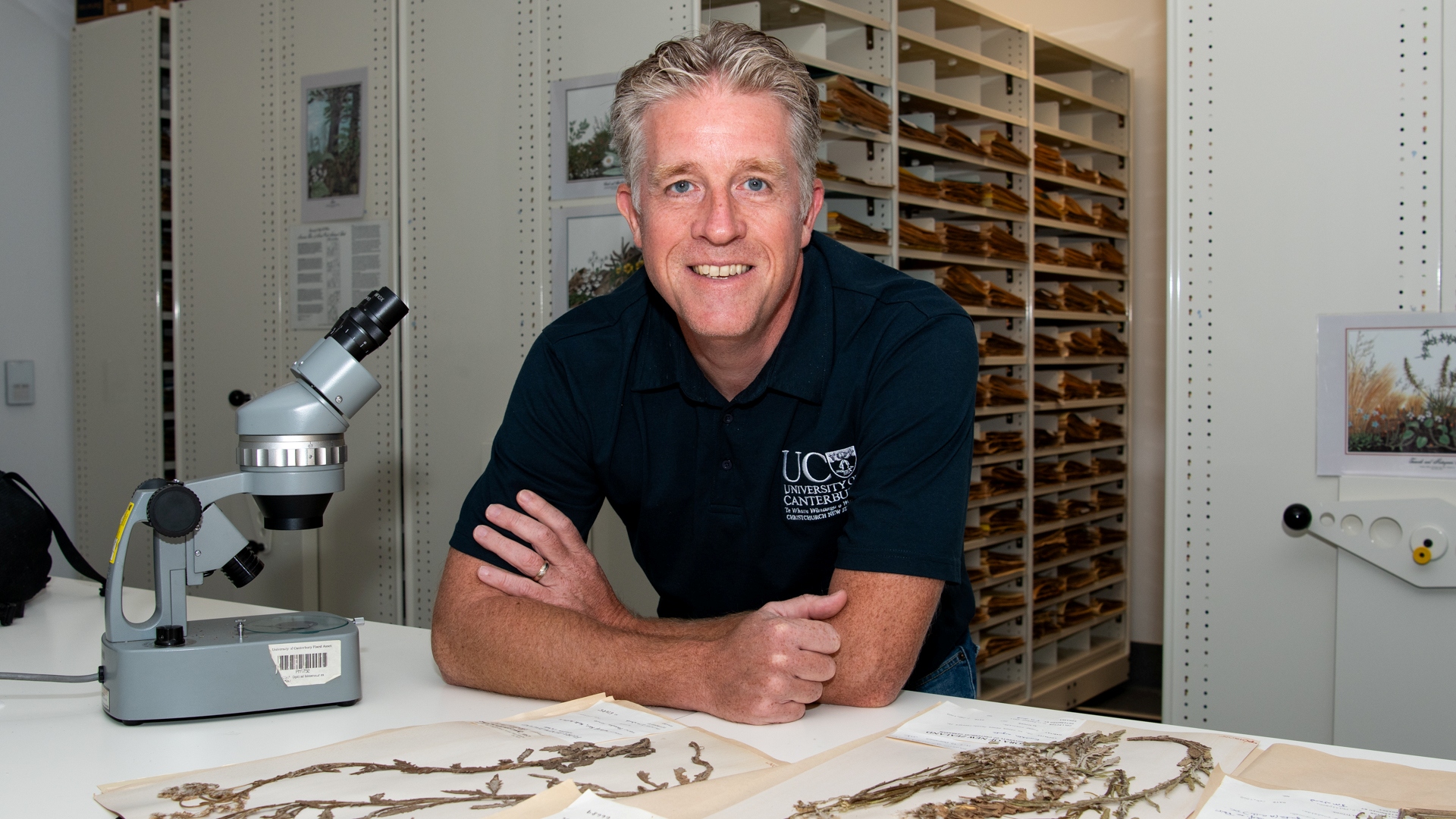
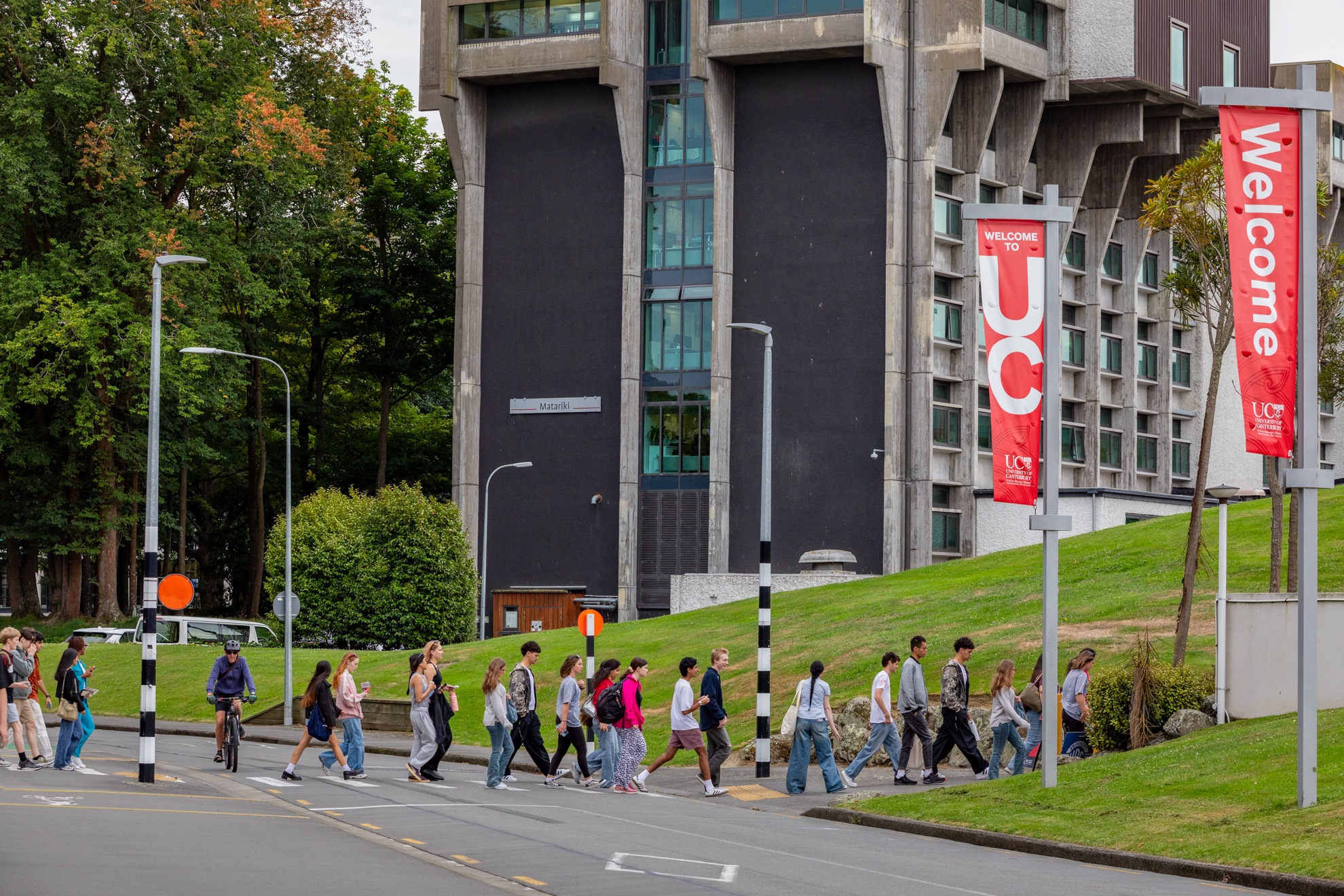
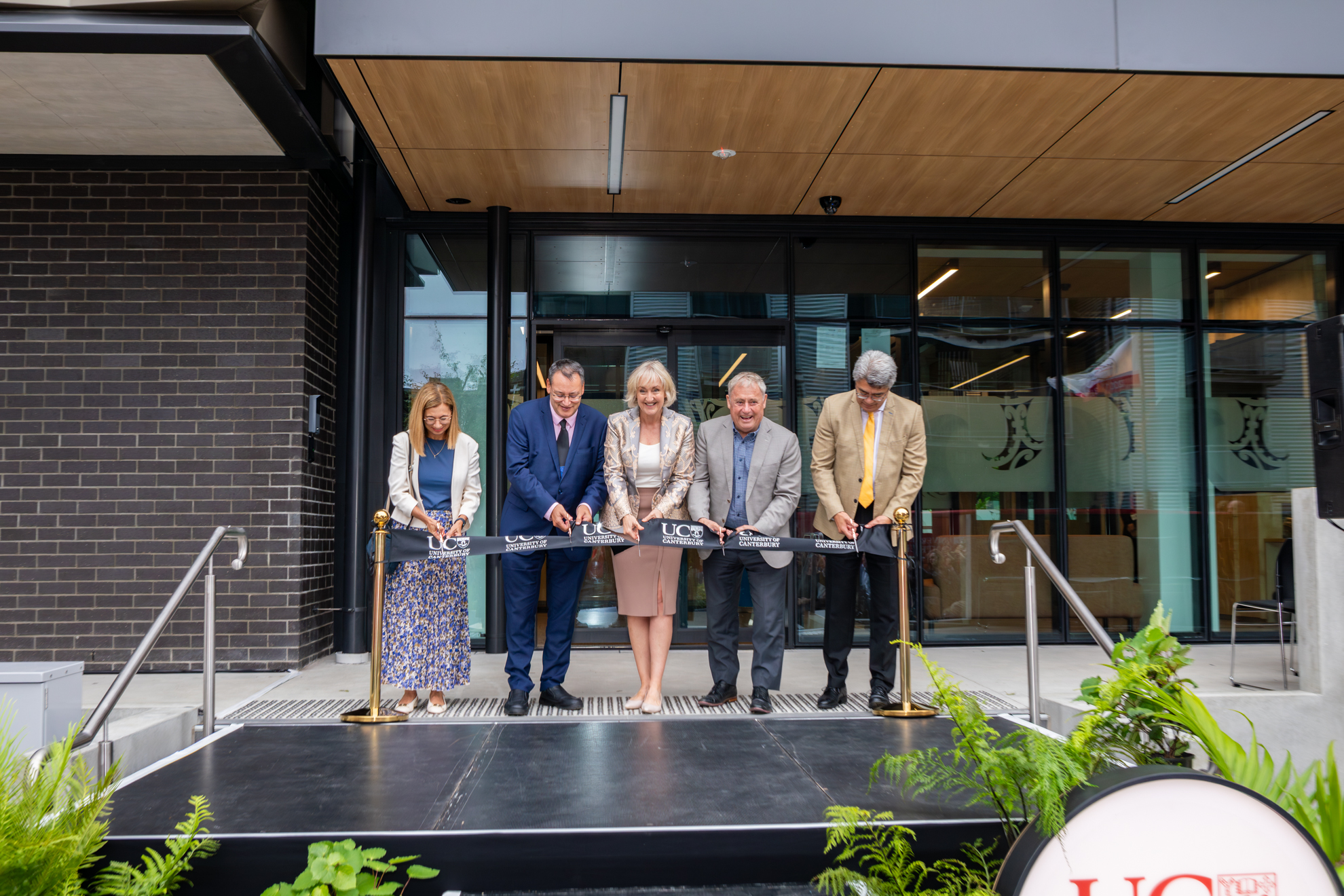
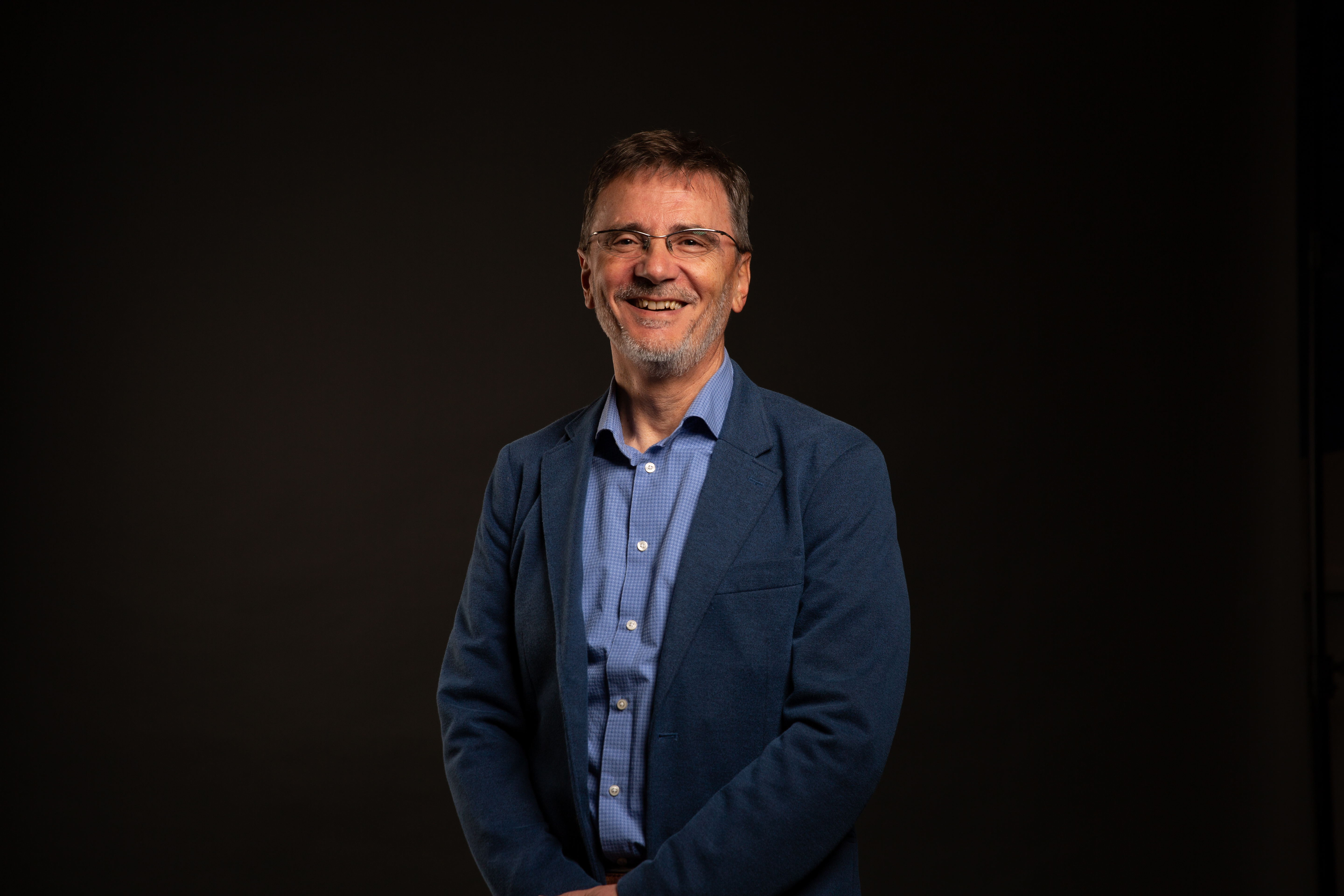
.png)
